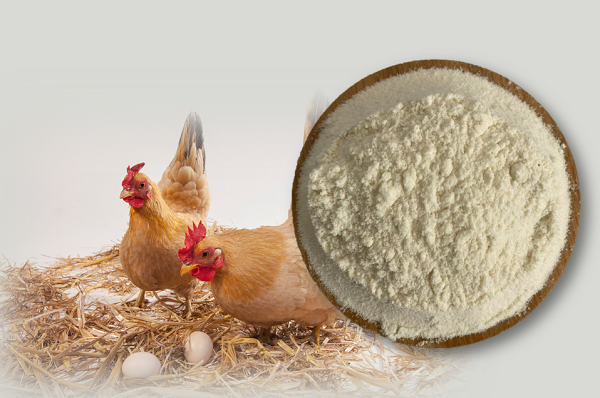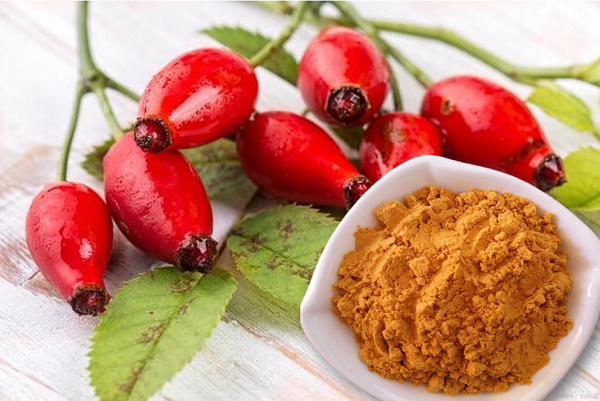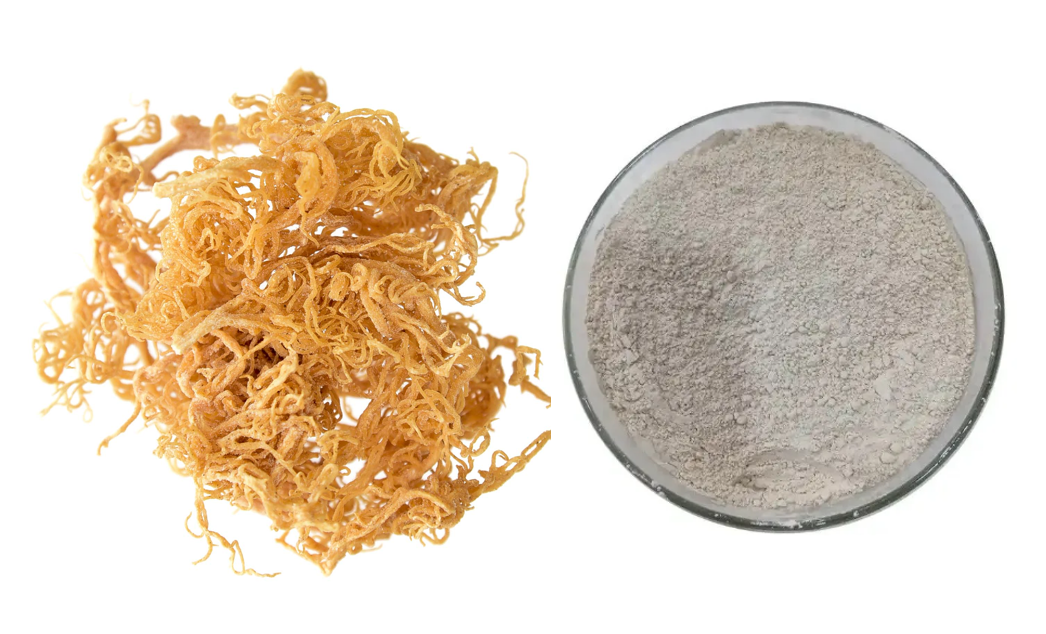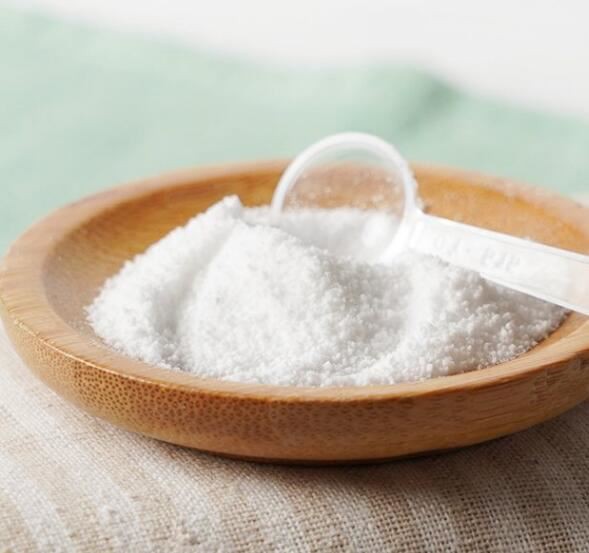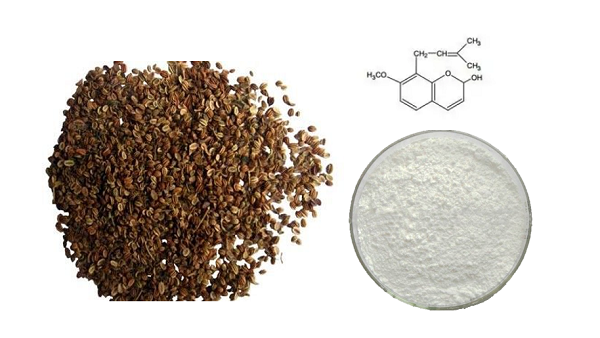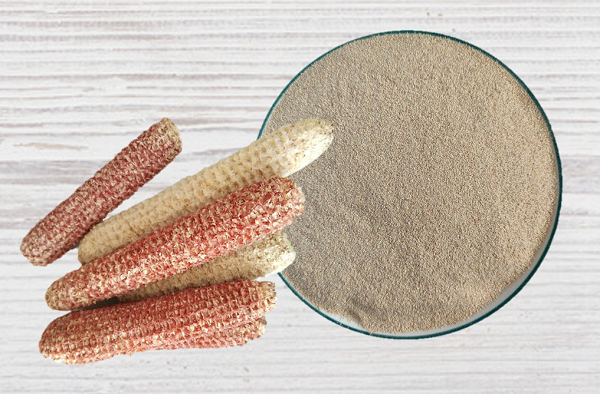Follow Us:
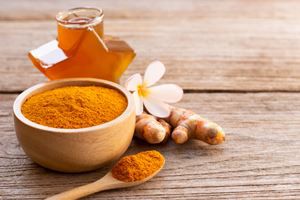
Botanical Feed Additives – Turmeric
Botanical Feed Additives :Turmeric
Over the decade the commercially available antibiotics have been used in poultry feed to provide supplementary support to fight against harmful exogenous pathogens [1]. These antibiotics helps to overcome with the morbidity and mortality issues with poultry farming, however can affect the public health by developing drug resistant micro flora [2]. It is reported that the use of antibiotics in poultry diet was completely banned in European countries since January 2006 [2]. In order to avoid the use of antibiotics, it is necessary for industries to find required alternatives to supply the feed for poultry [3]. Various bioactive products are tested in the diets without antibiotics in order to maximize the health quality of poultry [1, 3]. Turmeric (Curcuma longa), a domestic spice has the various applications in the medicinal biology [4].
Turmeric produces a specific bioactive compound called curcumin, a polyphenolic phytochemical with anti-microbial, anti-inflammatory, anti-cancerous and antioxidant properties. The recent reports have been suggested that the efficacy of turmeric in poultry feed in order to replace antibiotics use [1]. It has been found that the feeding of turmeric rhizome powder in the poultry diet helped to improve the morbidity and mortality of broiler chickens [6]. It is also proven that the use of turmeric in poultry feed is helpful for the public health with no side effects.
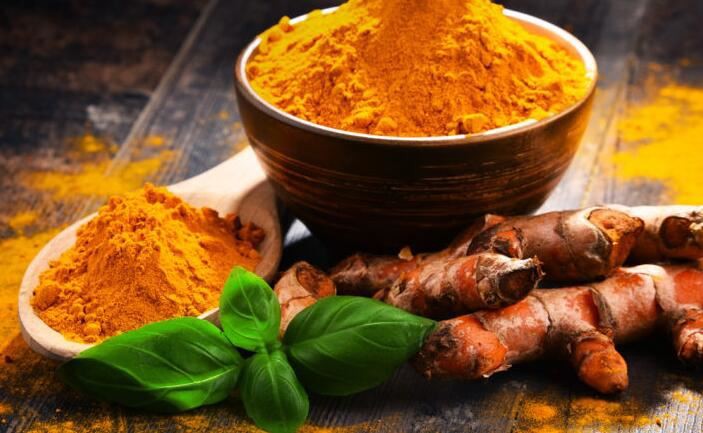
Importance of turmeric use in poultry feed
The rhizome of turmeric is the rich source of bioactive compounds used non-medicinally as a spice and medicinally as human remedies [7]. When compared with the commercially available antibiotics, turmeric is of natural, non-toxic and an ideal food additive usually used in the regular diet. Turmeric is consisting of 69.4% carbohydrates, 6.3% protein, 5.1% fat, 3.5% minerals and 13.1% moisture [9]. It is also a rich source of phenolic compounds, such as curcumin, demethoxycurcumin, and bisdemethoxy curcumin and tetrahydrocurcumin metabolites [10, 11]. This polypheniloc compound has the wide range of biological properties such as antioxidant, antibacterial, antiviral, antifungal, antihypertensive, anti-inflammatory, and anti-carcinogenic activities [12, 13]. It is reported that the supplementation of turmeric meal effectively enhanced the growth rate and weight of broiler chickens [14]. Turmeric supplementation stimulates the digestive system by promoting the intestinal lipase, maltase, and sucrose activities as well as the secretion of pancreatic amylase, lipase, chemotrypsisn and trypsisn [15, 16]. Turmeric also has its positive approach on egg production; there are evidences to prove effect of turmeric meal in the stimulation of egg production in hens [17]. Dietary supplementation of turmeric was involved in the increased production of eggs and increased yolk weight and yolk index as well [17].
Effect of turmeric on the health status of broiler chickens
Supplementation of turmeric could effectively control the hematological parameters in broiler chickens [18]. Literatures on fat metabolism using male chickens have shown that the consistency in the stimulated activity of hormone sensitive lipase (HSL) and involved in the increase of high density lipoprotein (HDL) in the serum [19]. Turmeric is also involved in the regulation of total cholesterol, total triglycerides and very lowdensity lipoprotein (VLDL) levels in the blood serum [19]. It is also reported that the involvement of turmeric in the regulation of serum lipid profile [9]. Turmeric is an efficient dietary supplement attributes in the stimulation of bile secretion and bile flow, which used to maintain the liver health [19]. Turmeric is also involved in the regulation of alkaline phosphatase (ALP) and lactate dehydrogenase (LDH) in the broiler chickens blood.
The immunomodulatory effects of turmeric extensively boost the ability of immune system, which provides instant natural antibiotic capability against invading pathogens [20]. Turmeric can specifically regulate the inflammation, which is very important to prevent the progression of inflammation induced pathology in poultry [4, 20]. It also known for its cellular repair mechanism, the administration of turmeric involved in the repair of lymphocytes in the lymphoid organs [21]. Turmeric is already well known for its safe and natural phytobiotics action [8]. The world Health Organization (WHO) has declared turmeric as a safest dietary element to be used in human diet as well as in animal feed [22]. It is also very important to notice that there are no publications yet that is reporting the adverse effects of turmeric meal on poultry diet when used at moderate concentrations.
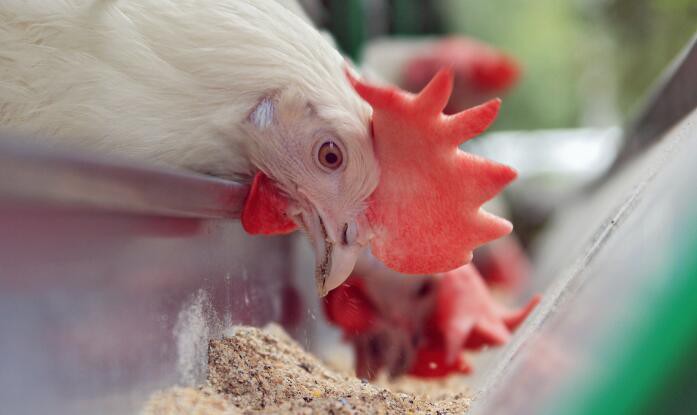
Can you feed turmeric to chickens
By now I’m sure you’ve seen at least some information go by about the amazingly positive benefits of turmeric on your health…but have you considered turmeric for your hens as well? Turns out, many of those very same health benefits for you, are also good for your chickens.
Turmeric is a root (related to ginger) that contains the ingredient curcumin. Curcumin is a huge immune system booster in chickens (good for overall chicken health and well being). It also acts as an anti-inflammatory agent (which is helpful with problems such as bumblefoot or other inflamed injuries chickens might sustain). Those two things right there would be enough for me, but the list goes on: Turmeric aids in digestion, eye and brain function, and respiratory issues. It can be used as an antibacterial medication.
Is turmeric good for birds?
Spice it up – many birds love heavily spiced foods. Try cinnamon, chili powder (or whole chili peppers), cumin, turmeric, cayenne pepper, etc. Make sure to use spices with no added salt.
References:https://symbiosisonlinepublishing.com/poultry-fisheries-science/poultry-fisheries-science09.php
https://www.montgomeryanimalhospital.com/blog/how-to-feed-your-pet-parrot
https://citygirlfarming.com/2016/01/12/turmeric-for-your-hens/













